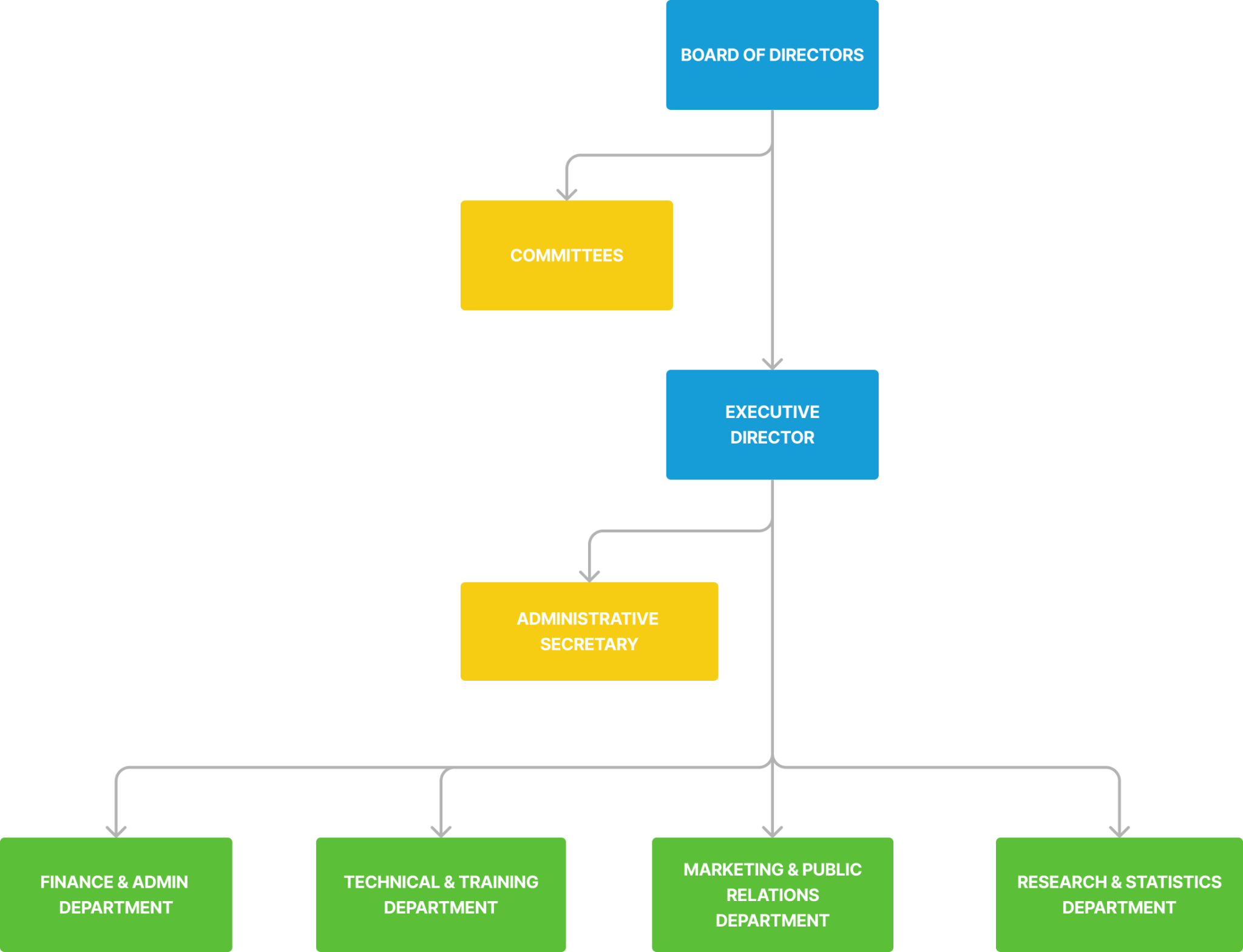- +255 765 730 361
- info@lpgassociation.co.tz
- Azikiwe Avenue, Elite Tower, Left Wing, 9th Floor.
Liquid Petroleum and Gas Association (TZLPGA) was founded in 2022 and launched in March 2023. The Association’s primary function is to unify the voices of all its members and act in the best interest of its members as well as further those interests through ensuring a sustainable growth and safe LPG industry in Tanzania. The LPG sector involves importation, storage, distribution and marketing of LPG products and related services in Tanzania and neighboring countries.
The Association’s desire is to improve lives and protect the environment through the use of LPG as a transitional source of modern energy in line with Tanzania’s Vision for Clean Cooking Energy 2034 and the United Nations’ Sustainable Development Goals (SDGs) on Clean Energy by 2030.
At Tanzania Liquid Petroleum and Gas Association (TZLPGA), together with our Members, we are committed to promoting safe, responsible, and
sustainable operations across the LPG value chain. SAFETY is our one of our CORE VALUES and we recognize that Health, Safety, Security,
Environmental Protection, and Quality Assurance (HSSEQ) are fundamental pillars for the sustainable growth of the LPG sector in Tanzania.
This policy affirms our collective commitment to protecting People, Environment, Assets and Reputation, while advancing quality product, services
and best in class industry compliance.
This policy applies to all TZLPGA members, including their associates such as importers, distributors, dealers, employees, installers, transporters,
and service providers involved in the LPG sector. It covers activities across offices, operational sites, client premises, fieldwork, transport, and inter-alia.
At TZLPGA and our Members, we commit to:
(a) Local and International Legal Compliance
We always strive to comply with all applicable National and International Laws and Regulations, including those issued by the Regulatory
Institutions such as; Energy and Water Utilities Regulatory Authority (EWURA), Weight and Measures Agency (WMA), Tanzania Bureau of
Standards (TBS), Fire and Rescue Force (FRF), Occupational Safety and Health Authority (OSHA), National Environment Management Council (NEMC), Government Chemist Laboratory Authority (GCLA), etc.
We also promote International Good Practices and Ethical Business Conduct throughout the LPG value chain.
(b) Health and Safety
We strive to provide safe and healthy work environments, free from harm, across all levels of LPG operations. Prevent incidents and occupational hazards by implementing effective risk assessment and control measures. We promote a safety culture internally and within our Members
to identify and report hazards at work places, assess hazards severity levels, prepare and implement control as well as recovery measures through trained, motivated and empowered personnel.
(c) Security
We take appropriate actions to advocate implementation of security systems to protect people, assets/ LPG facilities, information, and secure
transportation of LPG products throughout the supply chain.
d) Environmental Protection
We are passionate to enhance afforestation, prevent pollution and minimize emissions, spills, waste, and effluent releases in line with environmental regulations and promote efficient LPG use.
(e) Quality Assurance
We ensure good LPG product and service quality through standardized procedures and compliance. We support Regulatory Institutions to promote
compliant LPG infrastructure and equipment installations and operations, quality service delivery across the supply chain and undertake continuous
improvement to elevate public trust and satisfaction. We implement this policy through a structured and collaborative approach, including:
• Set up of Technical, HSSEQ, Legal and Investigation Committees, which provide expertise, guidance, and oversight for compliance and introduce
good practices.
• Personnel training and public awareness programs aimed at educating members’ employees, contractors / installers, and the public on safety, legal
obligations, and standards.
• Use of inspections, reporting systems, and stakeholder feedback to monitor progress and identify areas for improvement.
• Promoting transparency, reporting of unsafe conditions and acts, and timely response to incidents or non-compliance.
• Members’ company management acting as role models and leading operational safety practices and to ensure compliance on the ground.
This policy is subject to periodic review and updated by TZLPGA in line with:
• Changing legal or regulatory requirements, • Emerging risks or incidents, • Member feedback and performance evaluations,
• Evolving good practices and industry innovations.
Members are expected to report progress, share learnings, and actively contribute to industry-wide improvement.
By aligning with this HSSEQ policy, TZLPGA and its members demonstrate a strong, united commitment to a safe, clean, secure, and quality-driven
LPG industry that supports national development, environmental protection, and public safety and economic stewardship.
LPG industry that supports national development, environmental protection, and public safety and economic stewardship.
![]()
Amos J. Mwansumbule
Executive Director
